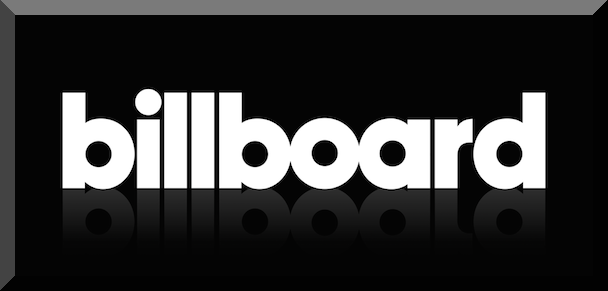 Billboard 200 Chart Will Now Factor in Streaming, and Downloads.
Billboard 200 Chart Will Now Factor in Streaming, and Downloads.
Billboard Changing the Charts:
Streaming music services like Spotify have brought big changes to the music industry; But one important part of the business has not kept up: Billboard’s album chart.
Now Billboard and Nielsen SoundScan, the agency that supplies its data, will start adding streams and downloads of tracks to the formula behind the Billboard 200, which, since 1956 has functioned as the music world’s weekly scorecard.
Billboard is planning a major overhaul of its Billboard 200 chart in the coming weeks, which will take into account the growing popularity of streaming music.
Billboard’s new methodology will shift away from simply tracking album sales, adding both digital track sales and streaming music into its algorithm.
SoundScan and Billboard will count 1,500 song streams from services like Spotify, Beats Music, Rdio, Rhapsody and Google Play as equivalent to an album sale.
For the first time, they will also count “track equivalent albums” — a common industry yardstick of 10 downloads of individual tracks — as part of the formula for album rankings on the Billboard 200.
Beginning on December 3rd, and measuring data during Thanksgiving week, the Billboard 200 will count 10 individual song sales or 1,500 song streams as a standard album sale.
Billboard plans to incorporate data from every major streaming audio subscription service, including: Spotify, Beats Music, Google Play, and Xbox Music.
Ad-supported radio services like Pandora and iTunes Radio will not be counted, as Billboard is only planning to focus on on-demand services.
With each tweak Billboard makes to its charts, there is often a corresponding uproar. Last year, Billboard began counting YouTube views for the Hot 100 and debuted a social top 40 over the summer in conjunction with Twitter to analyze what music is trending at any given time. its pop singles chart.
Critics worried at the time that the practice would reward novelty viral videos, and indeed the first beneficiary of the change was Baauer’s “Harlem Shake,” a song with modest sales but huge exposure through dance-along videos online.
Published weekly, the Billboard 200 is a chart that ranks the 200 best selling music albums in the United States. At the current time, the Billboard 200 chart only takes into account retail (both physical and digital) album sales, but the addition of digital track sales and streaming music from services like Beats and Spotify will allow the chart to give a clearer picture of overall popularity by taking into account consumption activity rather than measuring based on straight sales.
This change is a long time coming considering that album sales are at an all time low and streaming services are only becoming more popular. “Album sales have become a smaller and smaller part of the industry,” Nielsen SoundScan analyst David Bakula told the Times.
“To just look at album sales and say this is how we measure success is really leaving out that half of the business that is coming from streams and song sales.” This also marks another way that Billboard has become increasingly focused on digital avenues of music consumption.
On-demand streaming music services are now in over a hundred countries, and the most popular streaming service, Spotify, now has more than 10 million subscribers.
Non-paid radio-style streaming services like Pandora have also exploded in popularity, with Pandora hitting 76.4 million active monthly users back in August.
Apple’s own streaming music service, Beats Music, had only 110,000 subscribers when it was purchased by Apple, but it may see an explosion in growth next year as Apple is said to be planning to rebrand the service with a lower price. It may also be incorporated into iTunes and bundled onto iOS devices directly.
Billboard says that it worked with music industry executives to create this new methodology. Sony sales executive Darren Stupak calls it “a welcome and necessary evolution.” Jim Urie, Universal Music Distribution CEO, calls the update the “next step” toward finding an “accurate measurement of music consumption.”

